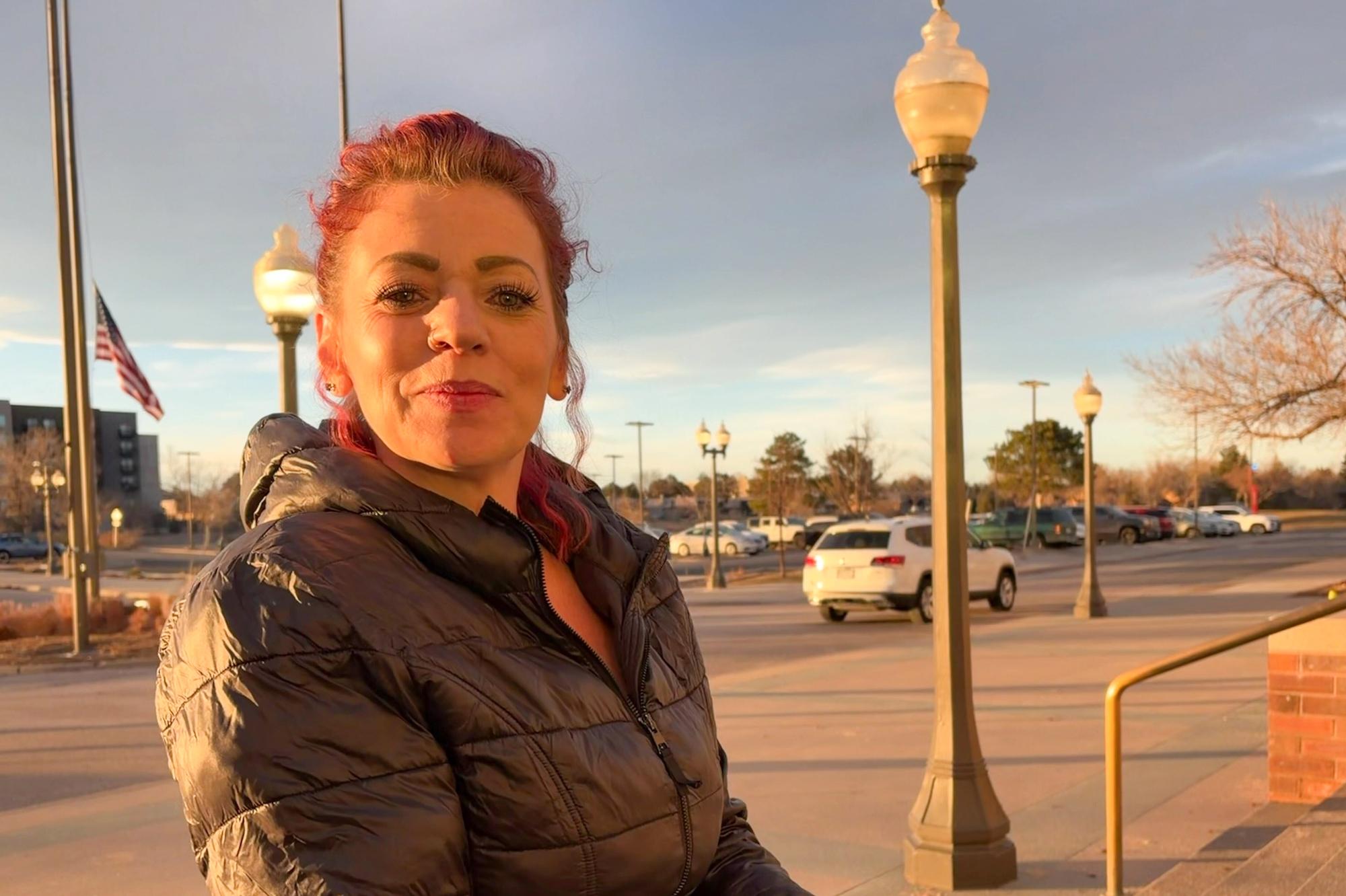As pressure builds for school reform, the spotlight is shining brightly on principals. A good one can raise test scores and retain families and good teachers. Today we’ll visit with one principal who has made great strides. But Peter Sherman’s not resting yet. Here is a transcript of Colorado Public Radio’s Education Reporter Jenny Brundin’s report.
Reporter Jenny Brundin: The job of principal is described as the linchpin in a very complex operation. One day, a principal is pitching in to help an overwhelmed teacher, fix a fan, or sell the sch ool to a prospective parent. The next, she’s scrutinizing the school’s budget or investigating why a child is coming to school with bruises. Principals are managers and mentors, social workers and psychologists, diplomats and detectives.
Superintendent Tom Boasberg: Being a principal is an enormously challenging job.
Reporter: Denver Public Schools Superintendent Tom Boasberg believes it boils down to this:
Boasberg: A great principal does a great job recruiting great teachers, developing them, distributing leadership with them, collaborating with them and really developing this shared sense of mission and ownership and shared culture, culture of success.
Reporter: Building that culture of success has been Peter Sherman’s mission for the past 5 years at Valdez Elementary School in Denver’s northwest.
Sherman: When I first came to Valdez, I was knocking on doors just to let people know there was a new program and to introduce myself.
Reporter: He had become principal to turn the school into a dual immersion Spanish-English program. Sherman posted fliers on Federal Boulevard storefronts, trying to attract families who were fleeing their neighborhood schools. He says families are much more aware that they have choices,
Sherman: That’s been good for our system, in that it’s spurred some competition and jockeying to make better schools and I think parents who are saavy are quite aware of that and know that they can spur a change for their kids.
Reporter: Over the past couple of years, Valdez’s state test scores or CSAPs have seen double digit jumps. But they number of children reading and doing math at grade level is still below 50 percent.
Sherman: so we acknowledge that the growth is nice, but the status, where the kids are not at all where we’d like them to be so we are going to keep pushing.
[sound of school hallway]
Reporter: And for Sherman, who is entering his 5th year as principal at Valdez, that meant continuing to push himself. He’s fresh off an intensive training fellowship from the Denver-based Get Smart Schools. It works principals in alternative public schools.
Sherman: I needed some outside stimulation and intellectual catalysts to help me think about the school in a different way.
Reporter: Its helped Sherman focus intently on two or three priorities. A major one: attracting and retaining good teachers. He came away with a plan to be more aggressive about getting good teachers. Sherman called up the coordinators from his favorite teacher college and said:
Sherman: OK now, tell me, who are the top five? I’m going to need some primary Spanish speakers who are they, who should I go look at this year. I was really aggressive this year and I think it paid off.
Reporter: The week prior to school is critical he says. Teachers spend a couple of hours a day with Sherman, focusing on the school’s priorities: building math and language skills. There are lots of activities where teachers share ideas and opinions. He doesn’t want them to feel isolated in their classrooms, but know they can reach out to each other for support. He sets clear and high expectations for teachers, and he wants their ideas too.
Teacher: Because if you don’t have parent support, especially when you are little, you can’t get it done. Sherman: So that’s one of the pitfalls about homework that you’re concerned about.
Reporter: Sherman puts teachers in charge of committees and lets them run most of the meetings. Another major goal of Sherman’s is to keep a close eye on where students are at academically. His team already knew by the second week of school what each child needed and had mapped out a plan of action. But it’s a constant struggle to keep the focus on these main goals – because there are so many distractions.
[ambience of driving]
Reporter: By the end of the week, the stress of getting ready for the school year also takes its toll on Sherman. He describes this into his tape-recorder as he drives home.
Sherman: I’ve been exhausted. I haven’t been sleeping very well and I tend to have dreams that manifest my anxieties and nervousness about [teachers] coming back.
[ambience driving fade down]
Reporter: He says there’s a lot of joy, though, in working with teachers. He says it’s easy to get overwhelmed by all the things that aren’t getting done as a principal. But he reflects on how his recent training has helped him push away distractions.
Sherman: To just say my primary role is to the kids and the families at my school so what do I need to do to support them and the teachers of those kids, so I think that that’s helped me a lot.
Reporter: Tomorrow, we’ll watch Sherman put this into action on the first week of school.
[Photo: CPR’s Jenny Brundin]









